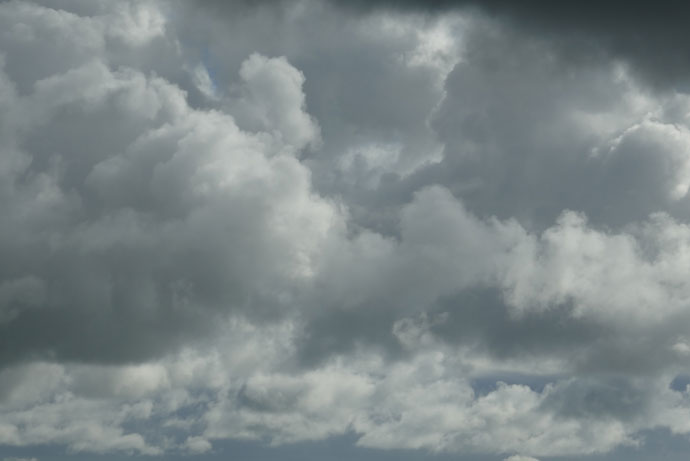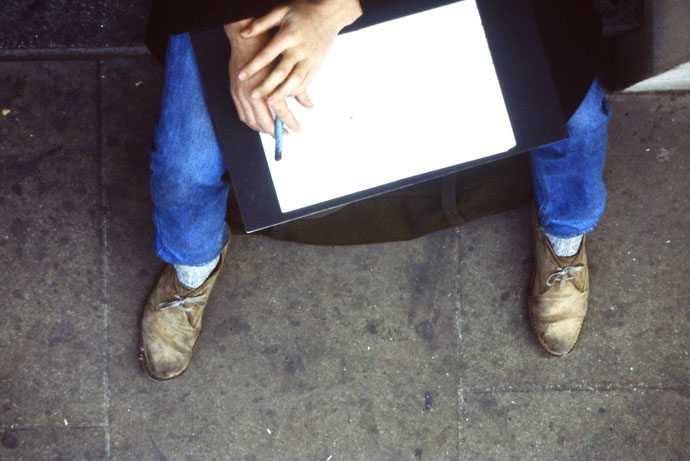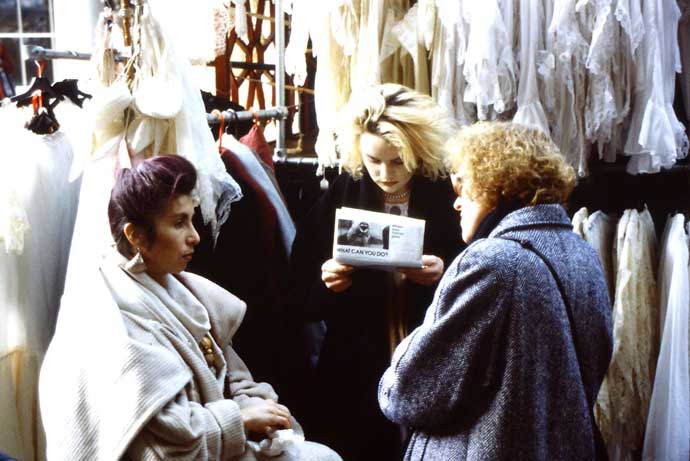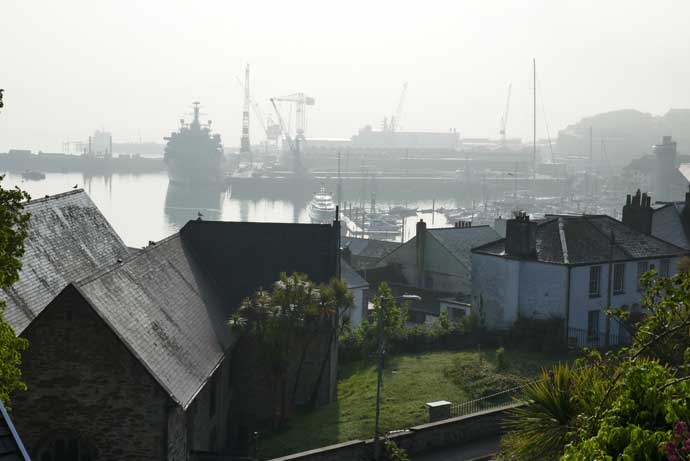Where was I? Oh yes.
Now, Dune is very much a book of its time. The gender politics are not exactly compliant with modern thinking, and the plot hinges around the consumption of industrial quantities of a hallucinogenic drug. But it's a good read, if you're in the mood or mentally still in the sixties (can't remember?), and I prefer the Butlerian Jihad to straight-line extrapolations from present to future. Not so long ago, the internet was a counter-cultural haven with its own language and etiquette (I still have one or two of those opportunistic little printed guides somewhere). Now it's a commercial space fought over by global companies and governments - and all those trolls in the comments sections. Facebook may be here to stay, but it's not here to stay exactly as it is now. I remember when Amazon was a plucky little survivor of the dot-com bust.
And what are these "jobs" anyway? Units in a structured set of activities that Henry Ford would have recognised? Office jobs? Shop floor? Nine to five? Abraham Maslow? [Dolly Parton - no!] Alfred P. Sloan? We make these structures for ourselves and hold them to be permanent - as if any worthwhile innovation has to be invented in a California garage, or lately, has to be an app dreamed into existence by a venture-capitalised start-up. Jobs, in the sense that some artificially intelligent thing can take over from nine to five, are a construct appropriate to a point in history. Straight-line forecasting mistakes the transient status quo for a kind of solid-state history.
And you have to ask why, actually. Why spend enough money to educate a continent on developing AI capable of doing jobs that a reasonably educated adolescent could do? Why not buy food and set up schools? Is there some kind of displacement activity going on here? What part of ourselves are we trying to avoid? What advantage are we afraid of losing?
I'd say that we're bothered by technology, not excited by its potential. There are more dystopian visions of technology expressed through our various cultural media, than there are AI-enabled utopias. We'll pay money to see HAL 9000 misbehaving in 2001: A Space Odyssey, or Mother not being straight with the crew in Alien, and of course we all know the logical flaw in Isaac Asimov's three laws of robotics. Not sure whether to mention Frankenstein or The Terminator here, but Asimov's own comment on his three laws cites Faust (thanks, Wikipedia). I'd say the human psychology behind our drive to develop AI - and more widely to "harness the power of technology" as we understand it - is more complex than we know.
Watch any talk by the cyborg anthropologist Amber Case, on YouTube for example, for a more practical approach to working with technology and AI. Think about all the areas of our lives where money is short, and all the areas where we commit vast resources. We don't seem to see that, do we? I don't think I'd want to take too much of the spice melange (back to Dune again), although future-gazing is a side-effect, along with blue eyes, but I find it easier to believe in a Butlerian Jihad in which we all go back to buying music on vinyl and gadgets (cars) that we can fix, than in a take-over by the extrapolated calculators that we call AI.
Skynet, you and I go way back. When was the first film? 1984? Really? Of course. How very appropriate. You're a very dated reference, but somehow still as much a symbol in today's nightmare as you were in yesterday's, and an enduring representation of our feelings towards an inappropriately intelligent future. I wonder whether we're ever going to be able to switch you off.
Far behind them, the destroyer of children protests that he should go first. He leafs through the verses, looking for his justification. What did his teachers say?
The Creator plays with his children.
The gates close.






